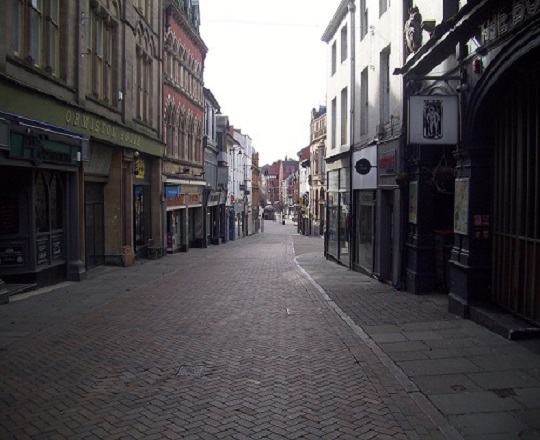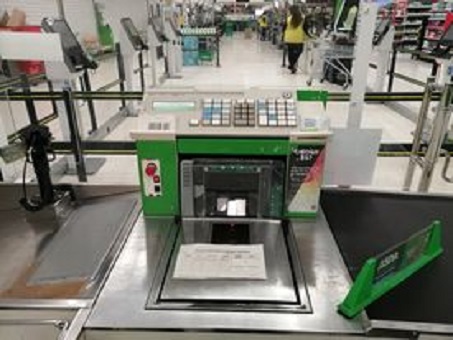Coming out of lockdown

The lockdown in the UK started on 23rd March. Three days earlier the Government had shut down schools and advised people against all but essential contact with others.
It was my experience wandering through Nottingham’s popular restaurant district of Hockey close to my home, that pubs and restaurants were already empty or sparsely occupied.
It was a strange time, when people were flocking into already overcrowded supermarkets, but avoiding other public places. The Premier (football) League and English football League had already cancelled fixtures from 13th March.
The Government was, it would seem, behind the curve.
This evening, Boris Johnson presented a blueprint for coming out of lockdown. When it was announced that a statement would be made, a number of newspapers published a proposed timetable. But statements from the Welsh and Scottish Governments that they would not agree to an early return to work, and alarmed statements from Trades Unions meant that we were given a much more cautious statement than newspapers had forecast.
Johnsons statement was toned down and with promises that further details will soon be available.
The Government chose Sunday evening to make their statement and had given interested parties, such as the Unions, just 12 hours over the holiday / weekend period to respond to draft proposals.
The proposals said that employers “should consider” enabling social distancing and hand washing facilities and had no recommendations or requirements for PPE in the workplace.
Overlooked were provisions for workers in vulnerable groups, safe public transport, the position of parents without childcare, or workers who are carers for people in vulnerable groups.
The Trades Union response has been that employers should carry out a risk assessment before asking employees to return to work and that the Health and Safety Executive should have powers to intervene.
There were already tensions in the retail industry, and the industries publication “Retail Week” published an article entitled “Warehouses at war: Has Covid-19 transported industrial relations to the 1970s?” An overstatement I think. The article said that Unions “ confronted management over health and safety measures in place during the pandemic”
It seems that people are, understandably, afraid.
Even if there is an accelerated return from lockdown, that doesn’t mean that the public will feel confident enough to flock back to the High Street to buy clothes and other (basically unnecessary) items, even if they feel sufficiently financially secure.
Like the lockdown itself, the return to some sort of normality is likely to be led by, rather than dictated to, the population as a whole.

